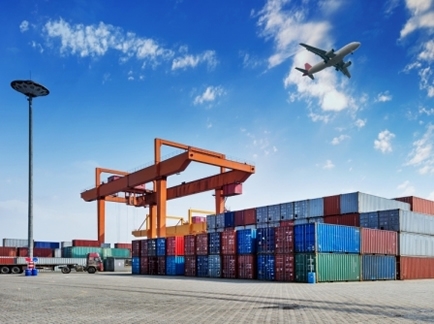
The African Capacity Building Foundation (ACBF) launched in August 2014 a US$3 million project to help the Common Market of Eastern and Southern Africa’s (COMESA’s) Secretariat address the challenge of inadequate capacity for the conduct and coordination of policy researche and analyses – a state of affairs, which had hindered the secretariat’s ability to develop and utilize quality, relevant and timely research to inform the bloc’s economic and trade policy.
The goal of the three-year project is to improve the conduct and utilization of research through the establishment and resourcing of a research unit that would spearhead the conduct, coordination, and dissemination of economic and trade policy researches. In addition, the project incorporates a mechanism for continuous hands-on advisory, technical support, and training to the departments and organs of COMESA.
Significant achievements
The functional research unit -the first of its kind - is in full operation and is actively contributing to the production and coordination of research information to feed into the deliberations of the committees, councils and other organs of the trading bloc.
Boosting intra-regional trade
Its establishment has also facilitated the conduct of a number of strategic studies such as the study on ‘Trade Volumes within COMESA’, which was motivated by the desire of the secretariat to improve intra-regional trade among member countries as a way of mitigating the aggregate production deficit of food and agricultural goods in the region in the short to medium term.
The research highlighted a number of critical strategies for bridging the intra-regional trade gap as well as delineated opportunities and mechanisms by which COMESA can boost trade, especially in food and agricultural products, among member countries. The study, among other things, revealed that COMESA can promote intra-regional trade within the short to medium term while allowing the joint volumes to increase, particularly for agricultural products. It noted that the region must balance aggregate production deficit by promoting trade transfers from member countries with excess production to member countries with a deficit. Furthermore, the study showed that unlike food and agricultural products, trade in minerals should target markets outside the bloc given the pattern of demand. Nonetheless, member states needed to develop their industrial base in order to process these commodities locally before they were exported. The proposed strategy was to help the countries to leverage the benefit of value addition, and to create the much needed jobs for the burgeoning youth population of the region as well as grow the economies of member states.
Since its establishment in 1994, the Common Market of Eastern and Southern Africa (COMESA) has focused on promoting regional integration through trade development, investment promotion and sustainable utilization of natural resources for the mutual benefit of citizens of the region. Developing and utilizing quality, relevant, and timely research to inform economic and trade policy has been one of the key priorities of COMESA.
Source: Africa Capacity Bulletin





